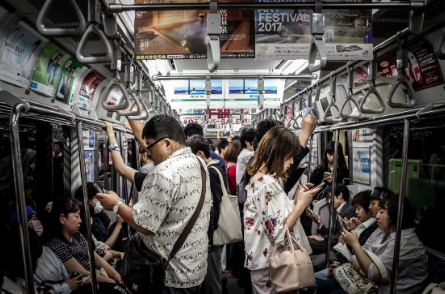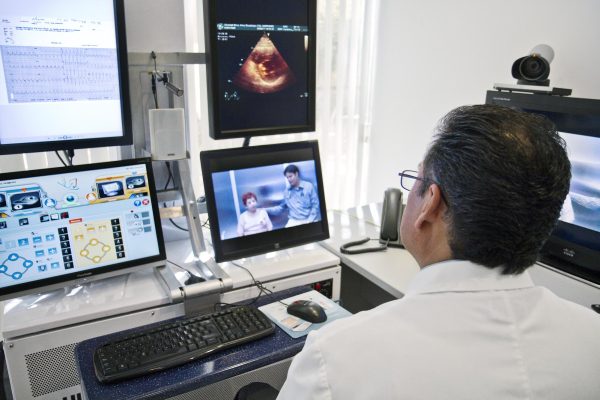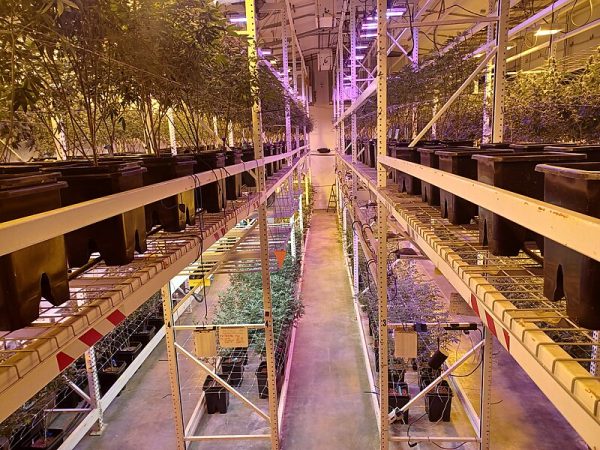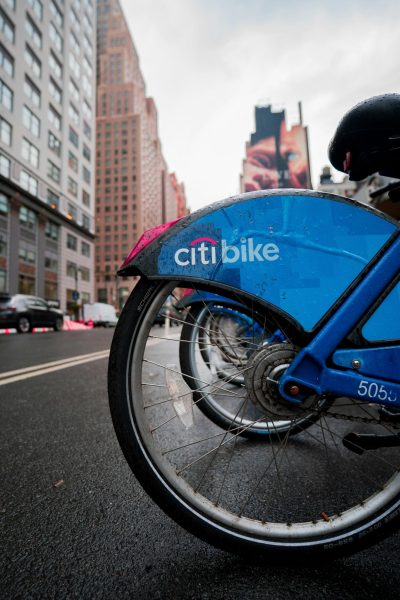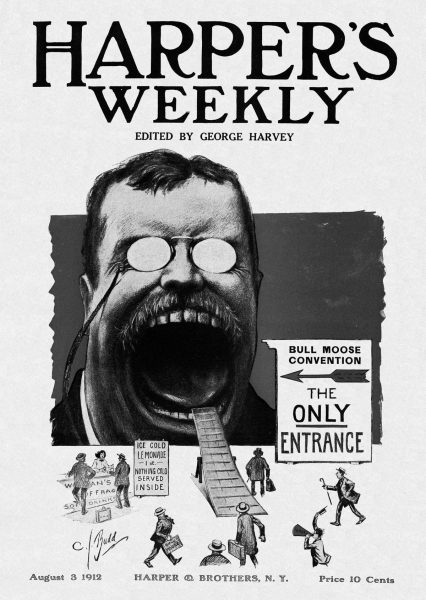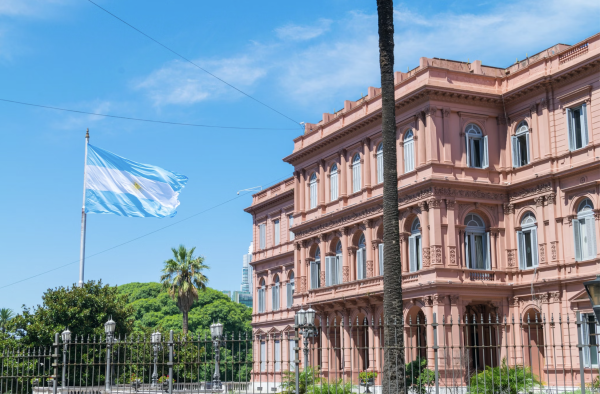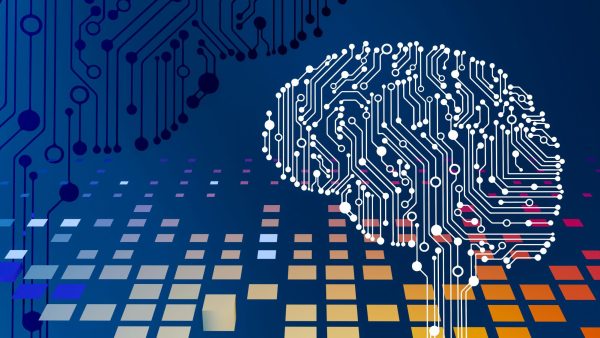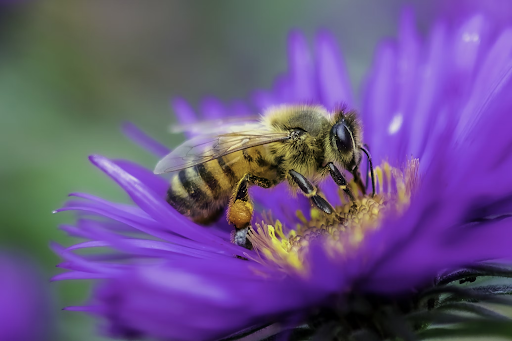The Coronavirus Pandemic’s Impact Upon Voting in the November 2020 Presidential Election
Holding a presidential election amidst a global pandemic is not an easy task, but America must rise to the challenge.
This notice was sent to New York City residents by the Board of Elections in the city of New York. Primary elections are being conducted through absentee ballots, via mail, in order to curb coronavirus transmission while voting.
At the start of this year, 2020 promised to be an impactful year for everyone as it was the start of a new decade, a leap year, and a presidential election year. Since 2016, when President Trump was first elected, there has been a deep divide in American society between those who support the president and those who are strongly opposed to his policies. The 2020 presidential election will be significant for both parties as it gives the democratic party a chance to challenge the incumbent, and it gives Republicans a chance to control the presidency for another term. However, just as many things in 2020 are uncertain, the upcoming presidential election on Tuesday, November 3, 2020, leaves Americans feeling unsettled and uneasy about exercising their right to vote come November.
If social distancing guidelines are still in place this fall, voters in certain states may be easily able to wear masks and maintain proper distance while voting. However, following social distancing orders would make the voting process take a lot longer, and in some densely populated regions, like New York City, it may not be possible to accommodate all voters on election day. In addition, many residents of these heavily affected regions, such as those at risk of greater illness if they contract COVID-19, may not be willing to leave their homes to vote. These issues threaten to significantly skew votes during the election: if certain groups of people are unable or unwilling to vote, those populations will be considerably underrepresented. It is clear that America needs to figure out a fair and effective contingency plan for the election in the event that social distancing guidelines are still in effect in November 2020.
Campaigning is a large part of the election process, and with strict regulations banning any large gatherings, candidates will have to alter their campaigning methods. Rallies and live debates will likely be significantly smaller to accommodate social distancing, inhibiting candidates from giving speeches and physically connecting with a large population of voters. Candidates will likely have to stream speeches online and interact with their constituents through various social media platforms instead.
“We must abstain from having in-person debates in order to avoid giving the public any opportunity to gather,” said Krish Shah ’21. “Hosting online debates could easily be coordinated, with candidates and a moderator present, while the event is being streamed online.” He believes that technology has given us the opportunity to abide by social distancing regulations while still fulfilling any campaign duties. Although candidates will have to take special precautions to campaign differently than they otherwise would have, the election will still proceed fairly normally.
Another aspect of the election that may change is the availability of absentee ballots. Although absentee ballots were available in the past, the concept of has received a lot of attention since the pandemic arose. 22 states currently allow at least some elections to be conducted via postal ballots. Current legislation, however, does not allow for a presidential election to be conducted through mail only. New York decided to cancel the Republican primary for this year, but the Democratic primary will still be held on June 23, 2020. Governor Cuomo then issued an executive order allowing all eligible voters to request an absentee ballot and still safely participate in the primary election. This is a possibility for the national election, but since many more voters participate in the general election, it presents an issue of efficiency and safety.
The question of security has been debated when considering the option of absentee or postal ballots. Many, including President Trump, possess the opinion that postal ballots can lead to a higher likelihood of voter fraud. “While voter verification will take place, it will not be comparable to public voting verification, leaving more room for fraud,” said Shah. Moreover, Shah also argues that the postal service would not be able to handle the volume of mail that would be generated, making it more likely for ballots to get lost in the mail. Not only would the integrity of the election suffer, but conducting the presidential election through postal ballots would overwhelm postal services and result in inaccurate tallies.
Even though postal ballots may not be a viable way to facilitate the election process, the presidential election cannot be delayed. According to the 20th Amendment, the incoming president must be inaugurated on the 20th of January of the following year. In the past, elections have been delayed by small amounts of time for major events, such as 9/11. However, in 2001, only the primary elections were delayed for about two weeks.
The president does not have the executive authority to delay or postpone the presidential election. Therefore, the only way that the election can be delayed is if Congress decides to amend the Constitution. This is highly unlikely, which means that the 2020 presidential election will almost certainly take place on November 3, 2020, as scheduled. If the current social distancing measures are still in effect in the fall, there will be various measures, possibly including a postal ballot system, to ensure that all citizens will be able to vote. Although there is a constant feeling of uncertainty, the Constitution ensures that coronavirus cannot stifle democracy in America.
“We must abstain from having in-person debates in order to avoid giving the public any opportunity to gather,” said Krish Shah ’21.
Ruhika Ponda is a Copy Chief for ‘The Science Survey.' She finds journalism fascinating because it gives her a platform to inform dozens of readers about...


